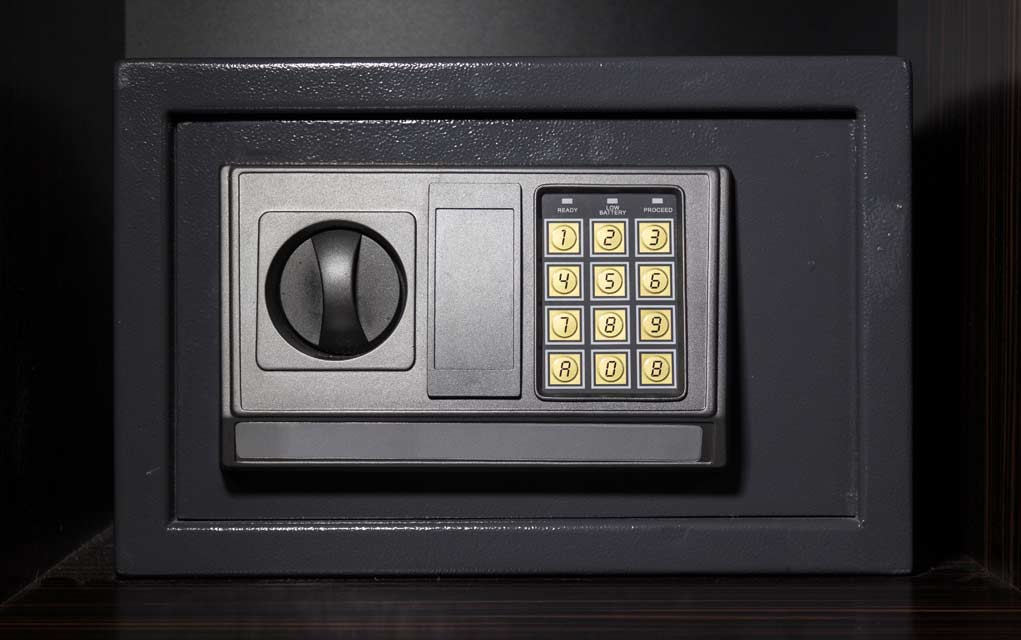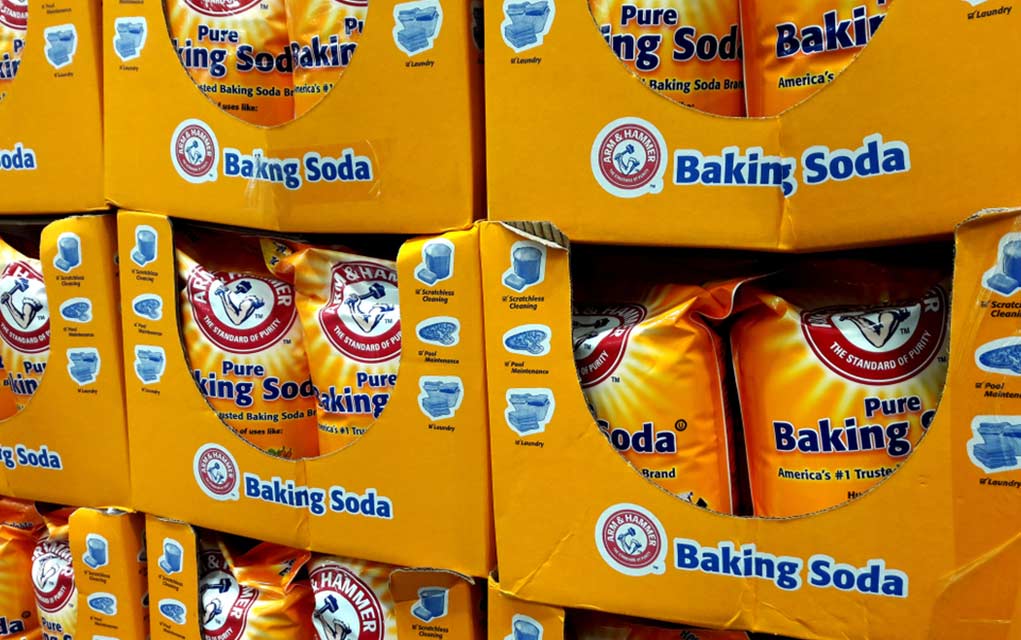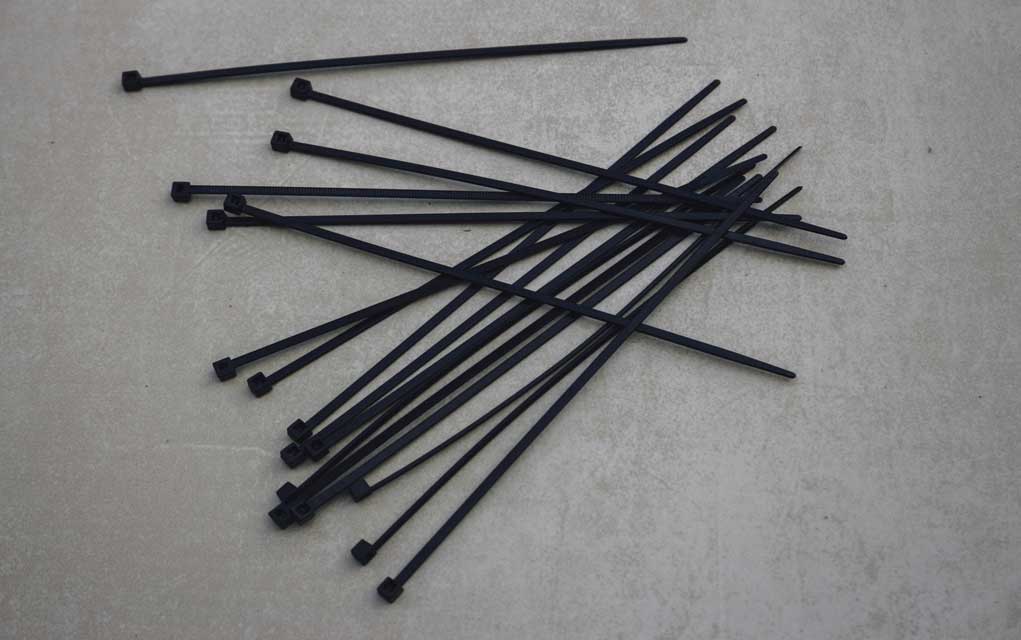(ModernSurvival.org) – If Your Most Important Documents are in a Safe at Home, What Else Should They Be In?
- File Box
- File Folder
- Cabinet
- Ziploc Bag
Answer: Ziploc Bag. Here’s why…
Each year, natural disasters strike across the nation, destroying homes and leaving victims searching through the rubble for scraps of their lives. From hurricanes and tornadoes to wildfires, losing everything can be devastating. Unfortunately, important legal documents tend to be lost in these events, which makes recovering from the event more difficult.
How to Protect Essential Records
In the aftermath of a natural disaster, some essential documents will make recovery much easier. But critical documents can easily be destroyed when unprotected and exposed to the elements such as water, smoke or fire. So how can these documents be stored at home to ensure they survive a potential catastrophe?
- Keep important documents in a safe. Storing important documents inside of a safe is one way to protect them from the elements and from prying eyes, for that matter. Larger, non-portable safes are the best bet, as these will be easier to locate in the rubble. Large safes are also harder to move, making them less likely to be stolen during a burglary. Modern safes can be both fireproof and waterproof, but even so, redundancy is always a good practice.
- Plastic sleeves and ziplock bags. Placing important documents in plastic shields adds yet another level of protection from outside forces. This second barrier will help ensure these papers are still legible after a fire or flood.
Which Documents Should Be Protected?
In the event of a disaster, having certain documents available will make recovery a much easier process. These include:
- Insurance documents – life, health, home, vehicle, etc.
- Birth certificates
- Social security cards
- Marriage license
- Vehicle and home titles
- Medical records
- Pet records
- Loan documents
- Military discharge papers
- Passports
In addition to the documents listed above, it’s also a good idea to keep pictures of your property and possessions. Photographic evidence could help with insurance claims after a disaster.
Natural disasters bring destruction on levels that can be unimaginable and often strike without warning. Therefore, preparing ahead of time is absolutely vital.
To see how to prepare for an earthquake, check out our article here.
~Here’s to Your Survival!
Copyright 2023, ModernSurvival.org













